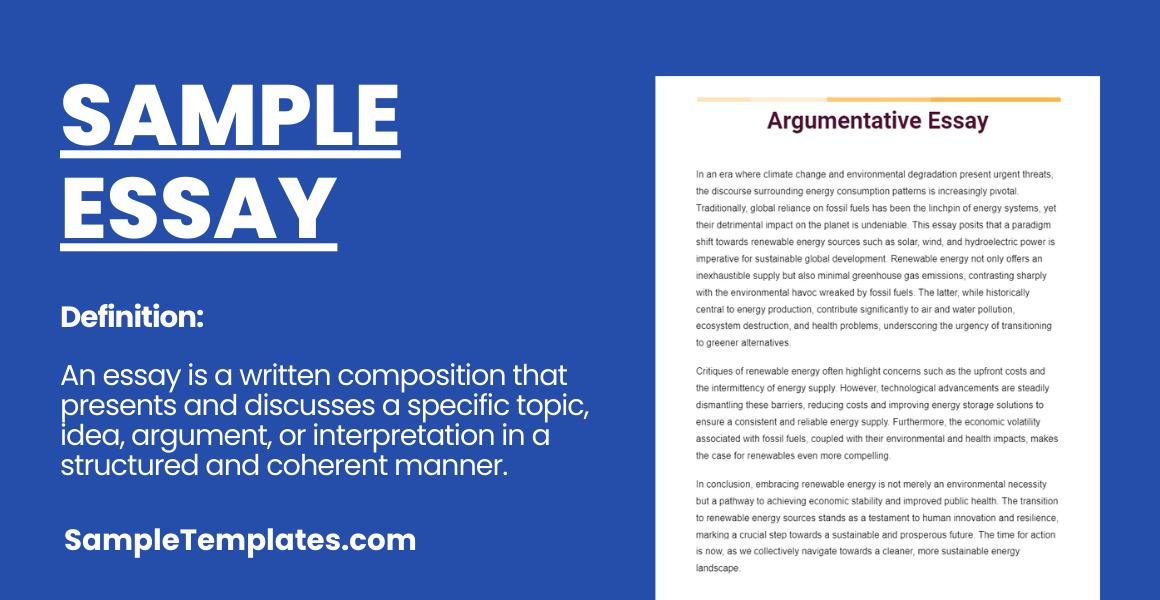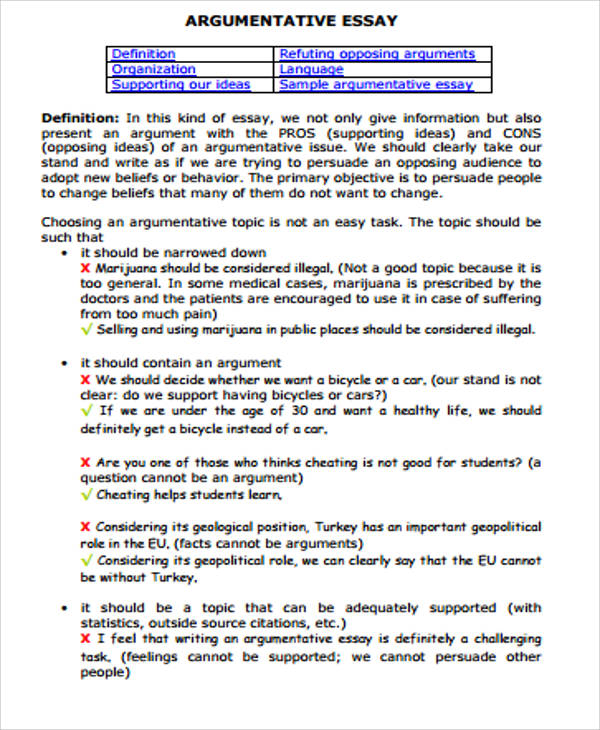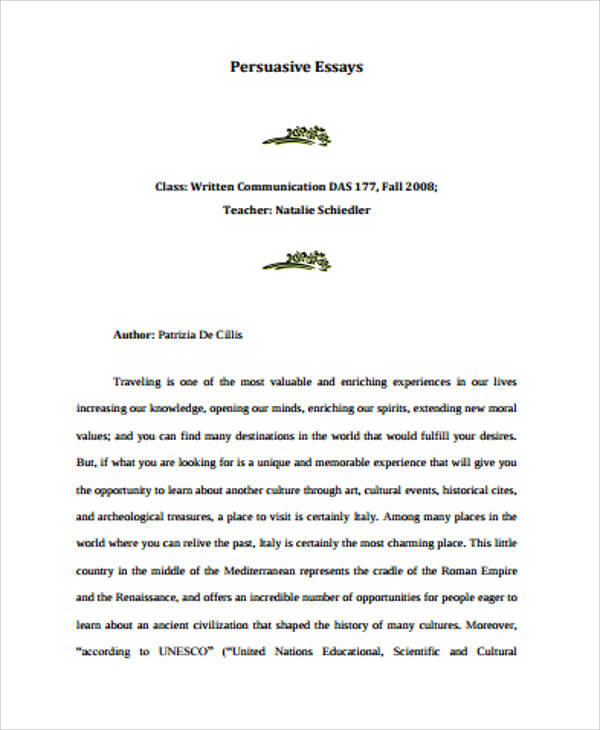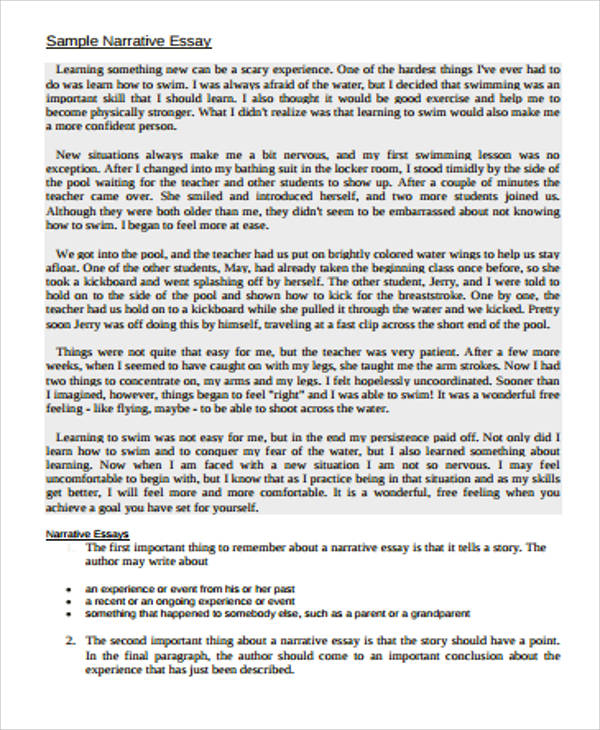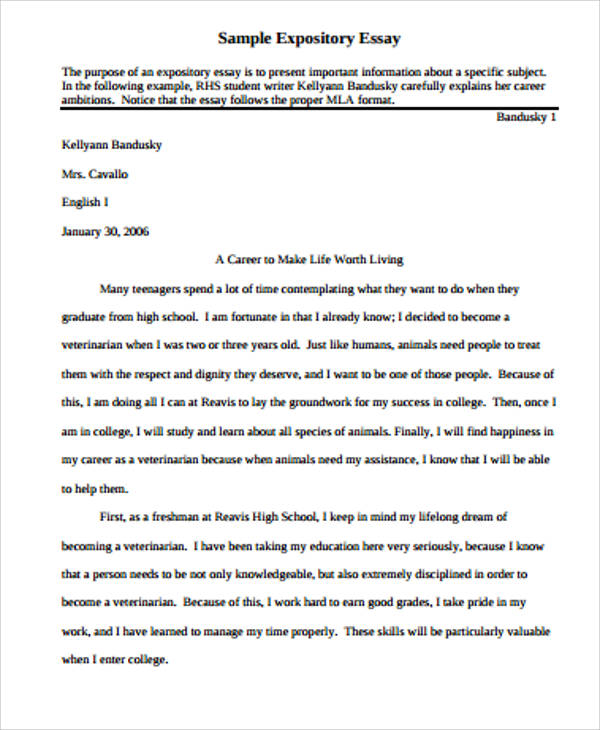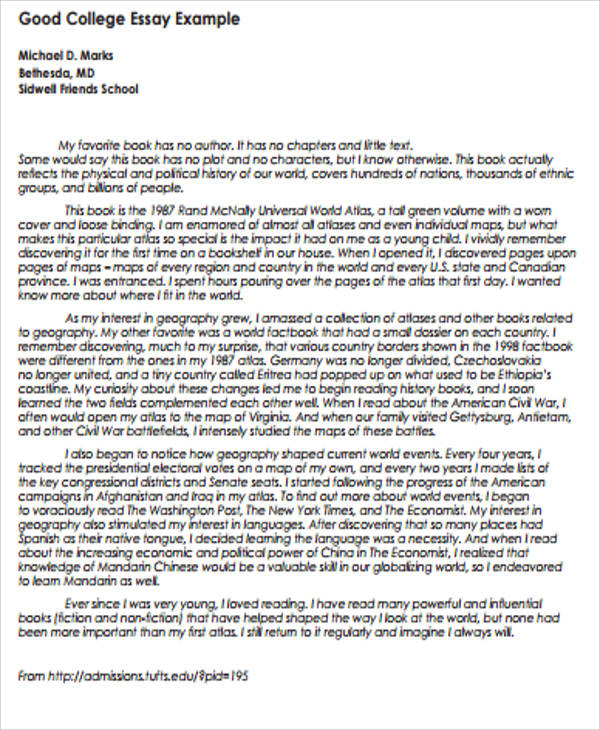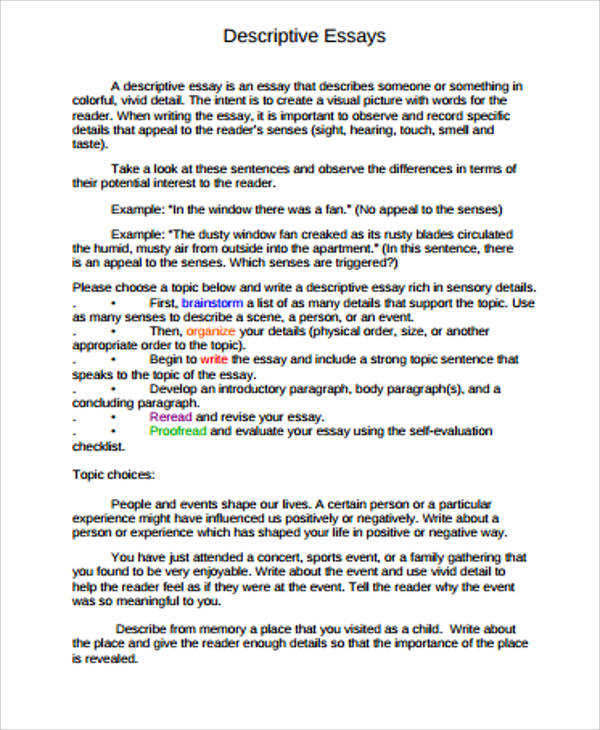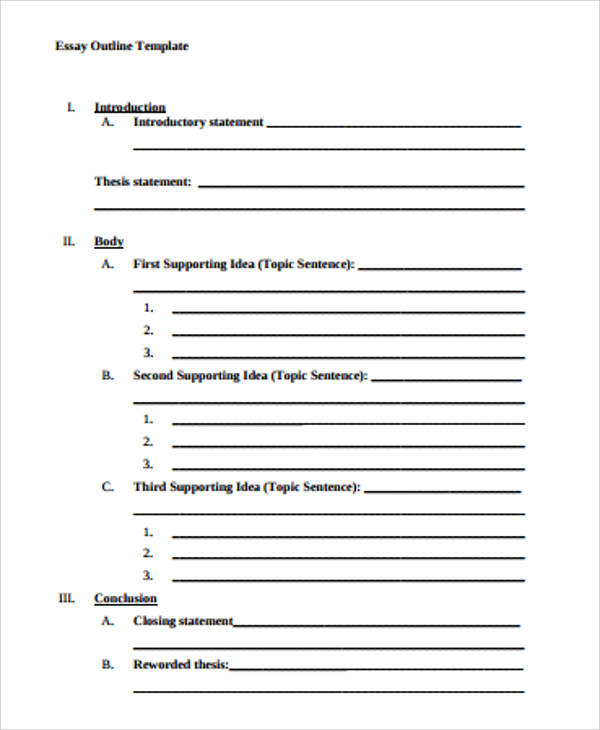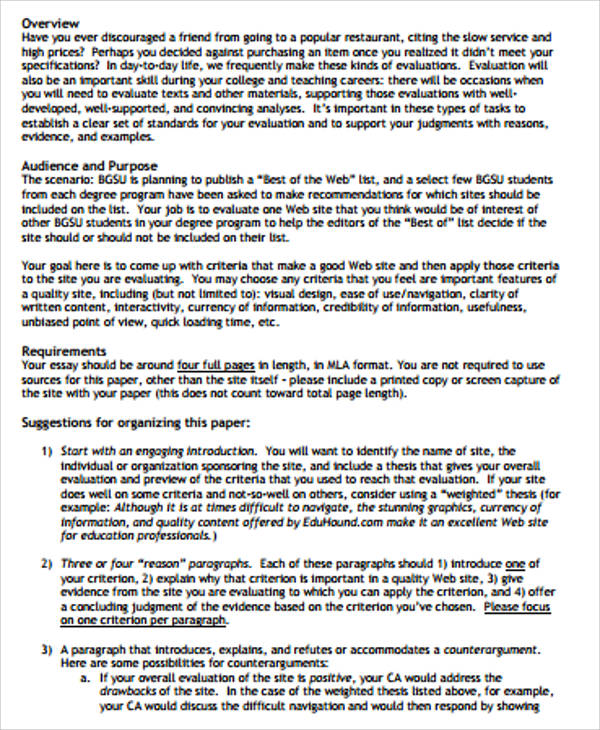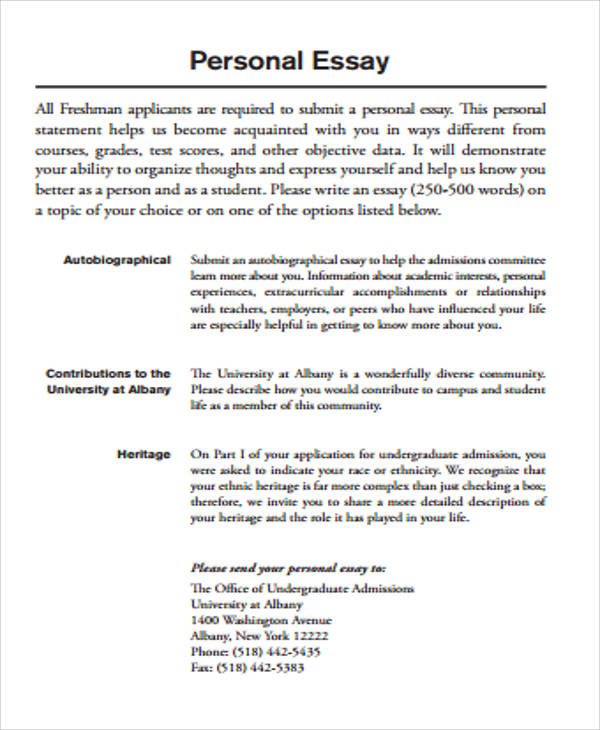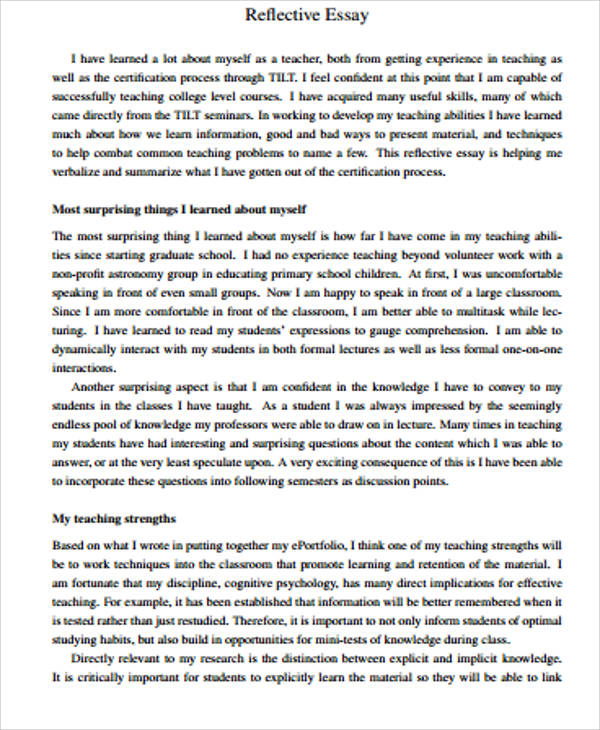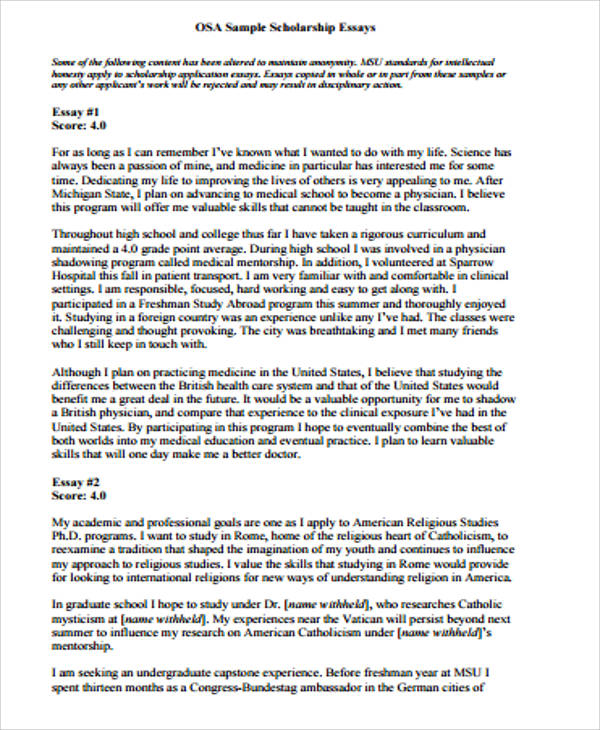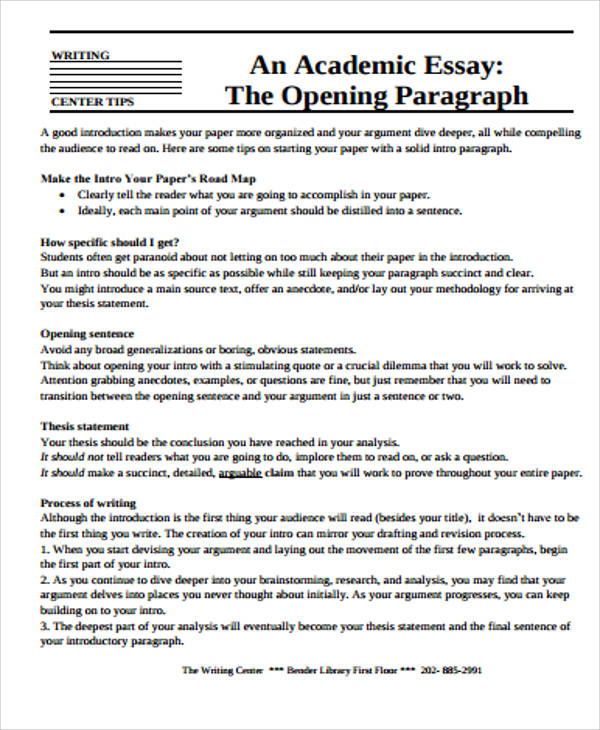Essays are written pieces on a certain subject. Most people’s first encounter to these types of writing would be during their earlier school days when the five-paragraph essay is introduced to them. Essays like these are highly structured pieces of paper sample that follow a format that begins with an introduction of the main topic and followed by a three-paragraph body, with each paragraph presenting an idea or an argument that supports the main topic. These essays end with a conclusion where the main idea is reiterated and a quick summary writing of all the arguments are given.
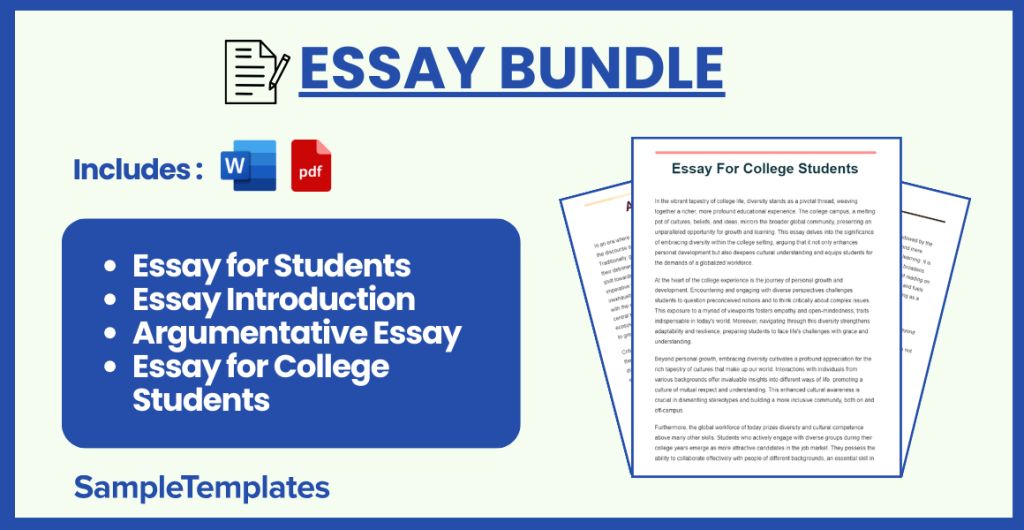
Essay for Students
The Importance of Time Management for Students
In the bustling life of a student, managing time efficiently stands as a cornerstone for achieving success and maintaining a balanced life. Time management, the art of planning and exercising conscious control over the amount of time spent on specific activities, is especially crucial for students who juggle academics, extracurricular activities, and personal commitments.
Firstly, effective time management allows students to enhance their academic performance. By allocating dedicated study times, students can ensure they are consistently progressing in their learning without the need for last-minute cramming or all-nighters, which often lead to burnout and subpar performance. It encourages a proactive approach to learning, where students can review and comprehend material at a deeper level, leading to better grades and a more comprehensive understanding of their subjects.
Moreover, mastering time management skills empowers students to handle stress more effectively. The academic journey is fraught with deadlines, exams, and assignments, which can be overwhelming. However, by prioritizing tasks and setting realistic deadlines, students can avoid the pitfalls of procrastination and minimize stress. This proactive approach not only enhances academic performance but also contributes to a healthier mental state, enabling students to approach challenges with a clear mind.
Additionally, time management is pivotal for balancing academic and personal life. With finite hours in a day, students must allocate their time wisely to ensure they can fulfill their academic responsibilities while also engaging in extracurricular activities, pursuing hobbies, and spending time with family and friends. This balance is essential for maintaining physical and emotional well-being, fostering a sense of fulfillment, and preventing burnout.
Furthermore, the discipline of managing time effectively prepares students for their future careers. The professional world highly values the ability to meet deadlines, manage multiple projects, and work efficiently. The habits formed during one’s academic years lay the groundwork for future success in the workforce.
In conclusion, time management is an invaluable skill for students, pivotal for academic success, stress reduction, and achieving a balanced life. By mastering the art of time management, students not only set themselves up for success in their academic endeavors but also equip themselves with a vital skill for future professional and personal growth. As such, time management should be an integral part of every student’s strategy for success.
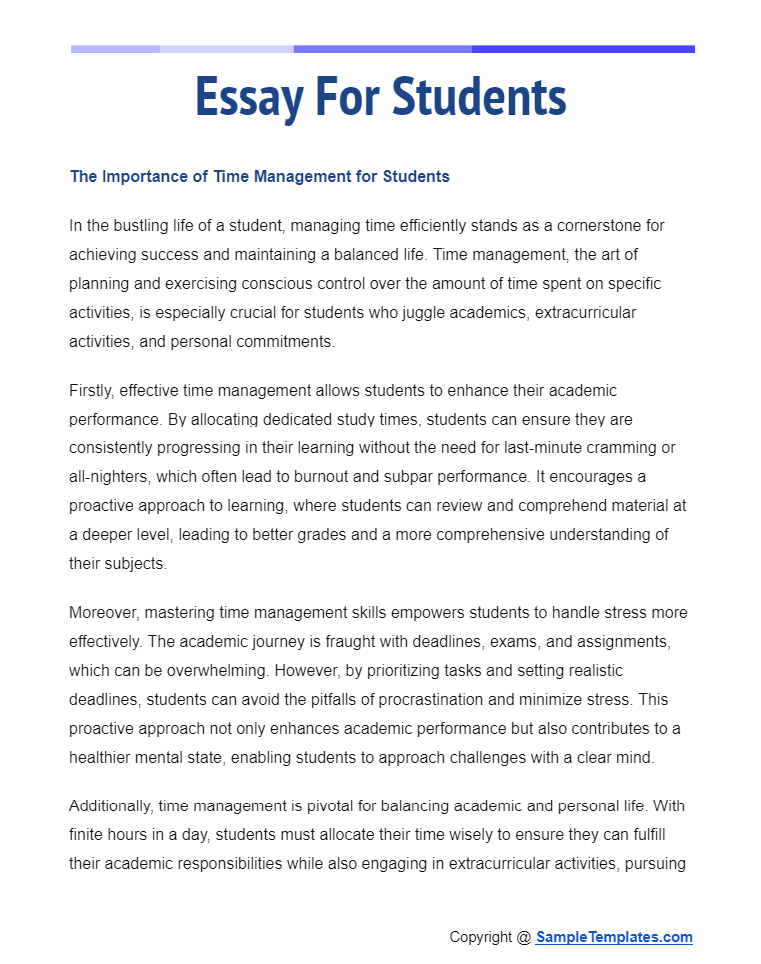
Essay Introduction
Introduction:
In the age of digital media, the humble act of reading often gets overshadowed by the allure of instant visual content. Yet, the power of reading extends far beyond mere entertainment, playing a crucial role in personal development and lifelong learning. It is an invaluable tool that shapes our thoughts, enhances our knowledge, and broadens our perspectives. This essay endeavors to unravel the multifaceted impact of reading on personal growth, examining how it nurtures critical thinking, fosters empathy, and fuels creativity. Through this exploration, we aim to reaffirm the significance of reading as a foundational pillar for intellectual enrichment and emotional intelligence in an increasingly complex world.
Reading exposes individuals to a wealth of information, ideas, and experiences beyond their immediate environment. Each book, article, or piece of literature offers new insights, challenging readers to think critically and analyze information. This process not only expands one’s knowledge base but also hones critical thinking skills, enabling readers to approach problems with a more nuanced and informed perspective.
Literature has the unique ability to transport readers into different worlds, lives, and mindsets. By engaging with diverse characters and narratives, readers develop a deeper understanding and empathy for others’ experiences and viewpoints. This empathetic connection cultivates a sense of global awareness and compassion, essential qualities in today’s multicultural societies.
Reading acts as a catalyst for creativity and imagination. Immersing oneself in different genres and styles sparks imaginative thinking and inspires new ideas. It encourages readers to envision possibilities beyond their reality, driving innovation and creative problem-solving in various aspects of life and work.
Conclusion:
The act of reading wields the power to transform lives through personal development. It enriches the mind, nurtures the soul, and prepares individuals to engage more meaningfully with the world around them. In recognizing the profound impact of reading on enhancing knowledge, fostering empathy, and fueling creativity, we uncover its true value as a lifelong companion in personal growth. As we navigate the complexities of the modern world, let us embrace reading not as an obsolete pastime but as an essential practice for developing a well-rounded, informed, and compassionate self
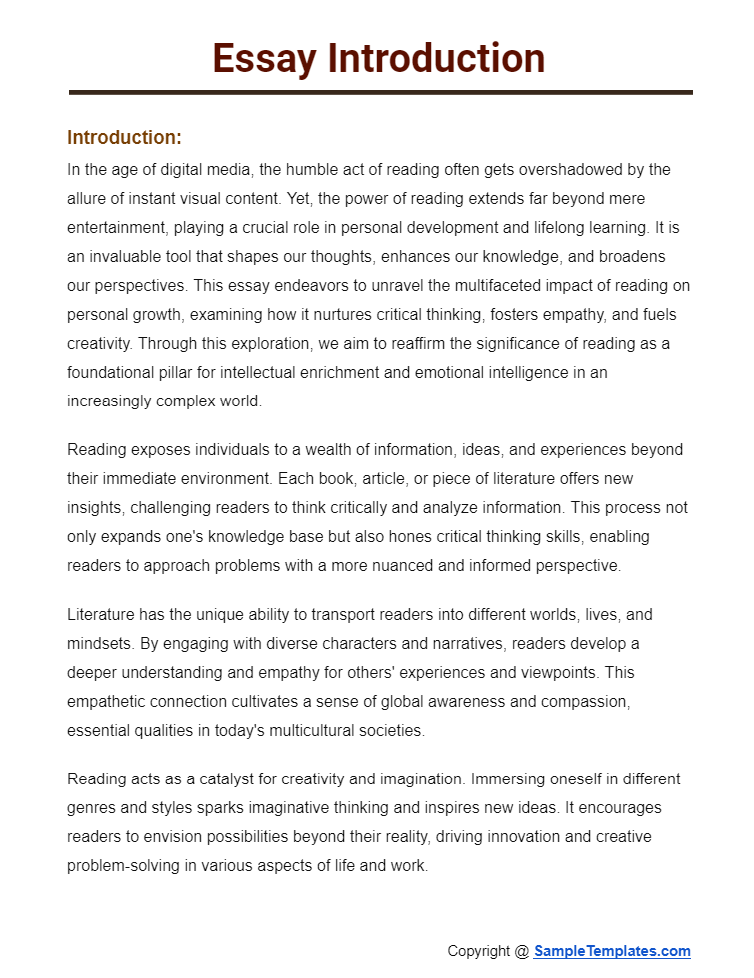
Argumentative Essay
In an era where climate change and environmental degradation present urgent threats, the discourse surrounding energy consumption patterns is increasingly pivotal. Traditionally, global reliance on fossil fuels has been the linchpin of energy systems, yet their detrimental impact on the planet is undeniable. This essay posits that a paradigm shift towards renewable energy sources such as solar, wind, and hydroelectric power is imperative for sustainable global development. Renewable energy not only offers an inexhaustible supply but also minimal greenhouse gas emissions, contrasting sharply with the environmental havoc wreaked by fossil fuels. The latter, while historically central to energy production, contribute significantly to air and water pollution, ecosystem destruction, and health problems, underscoring the urgency of transitioning to greener alternatives.
Critiques of renewable energy often highlight concerns such as the upfront costs and the intermittency of energy supply. However, technological advancements are steadily dismantling these barriers, reducing costs and improving energy storage solutions to ensure a consistent and reliable energy supply. Furthermore, the economic volatility associated with fossil fuels, coupled with their environmental and health impacts, makes the case for renewables even more compelling.
In conclusion, embracing renewable energy is not merely an environmental necessity but a pathway to achieving economic stability and improved public health. The transition to renewable energy sources stands as a testament to human innovation and resilience, marking a crucial step towards a sustainable and prosperous future. The time for action is now, as we collectively navigate towards a cleaner, more sustainable energy landscape
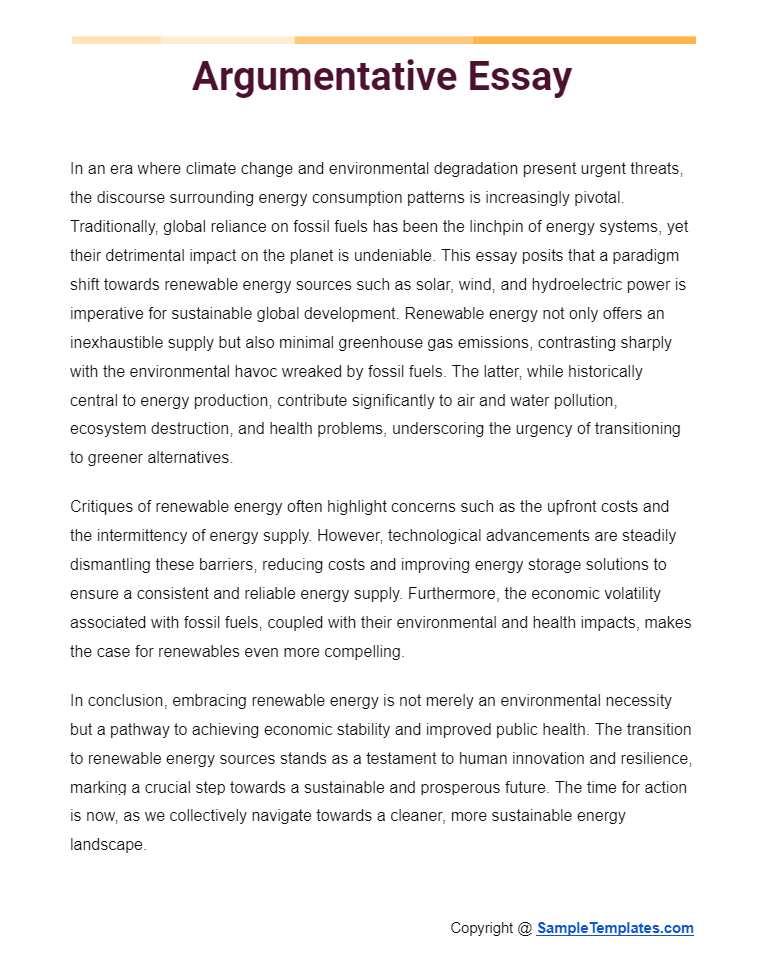
Essay for College Students
In the vibrant tapestry of college life, diversity stands as a pivotal thread, weaving together a richer, more profound educational experience. The college campus, a melting pot of cultures, beliefs, and ideas, mirrors the broader global community, presenting an unparalleled opportunity for growth and learning. This essay delves into the significance of embracing diversity within the college setting, arguing that it not only enhances personal development but also deepens cultural understanding and equips students for the demands of a globalized workforce.
At the heart of the college experience is the journey of personal growth and development. Encountering and engaging with diverse perspectives challenges students to question preconceived notions and to think critically about complex issues. This exposure to a myriad of viewpoints fosters empathy and open-mindedness, traits indispensable in today’s world. Moreover, navigating through this diversity strengthens adaptability and resilience, preparing students to face life’s challenges with grace and understanding.
Beyond personal growth, embracing diversity cultivates a profound appreciation for the rich tapestry of cultures that make up our world. Interactions with individuals from various backgrounds offer invaluable insights into different ways of life, promoting a culture of mutual respect and understanding. This enhanced cultural awareness is crucial in dismantling stereotypes and building a more inclusive community, both on and off-campus.
Furthermore, the global workforce of today prizes diversity and cultural competence above many other skills. Students who actively engage with diverse groups during their college years emerge as more attractive candidates in the job market. They possess the ability to collaborate effectively with people of different backgrounds, an essential skill in the increasingly interconnected global economy. Thus, a college environment that champions diversity not only enriches the educational journey but also positions students for professional success.
In conclusion, the benefits of embracing diversity in college extend far beyond academic achievement. It molds individuals who are empathetic, culturally aware, and professionally adept, ready to contribute positively to society. As colleges continue to foster inclusivity, they not only enhance the educational landscape but also pave the way for a future that celebrates and thrives on diversity. By learning from and with each other, students discover the boundless potential of human collaboration and creativity, setting the stage for a more inclusive, understanding world.
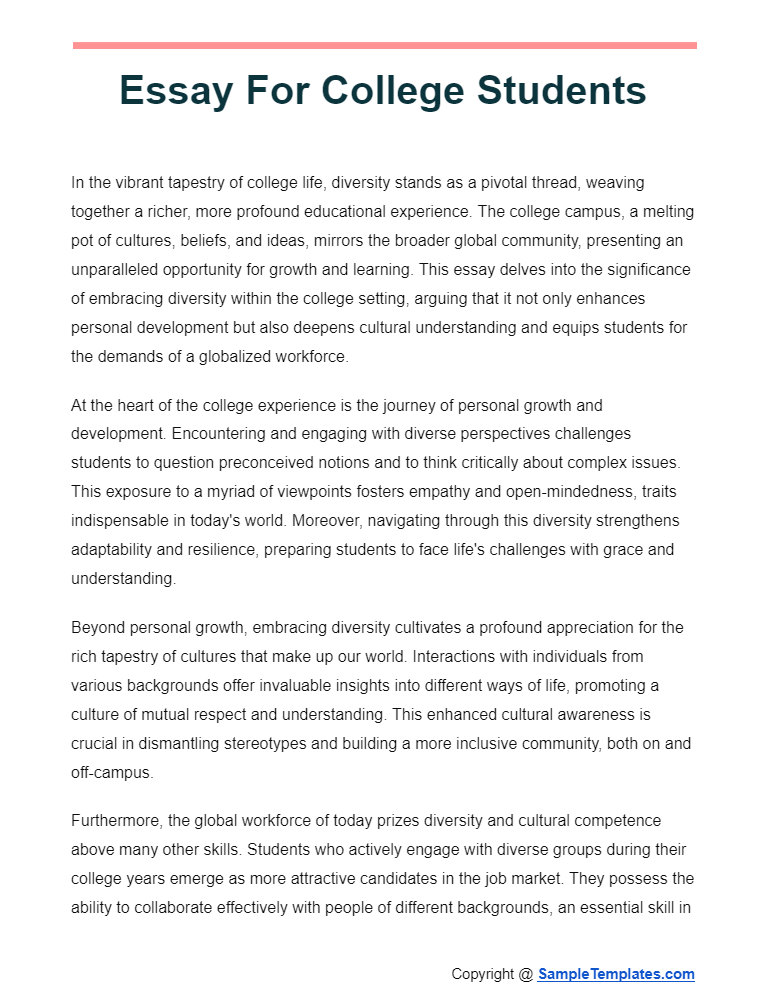
Browse More Templates On Essay
Biography Essay Outline Template
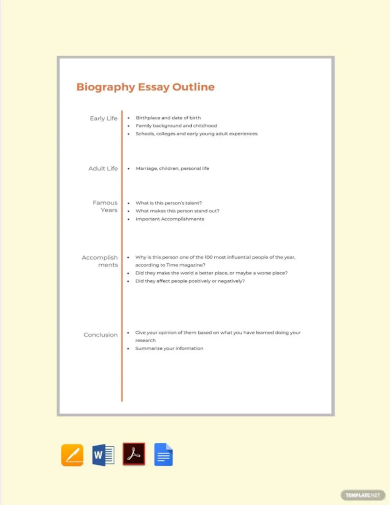
Essay Outline For Research Paper Template
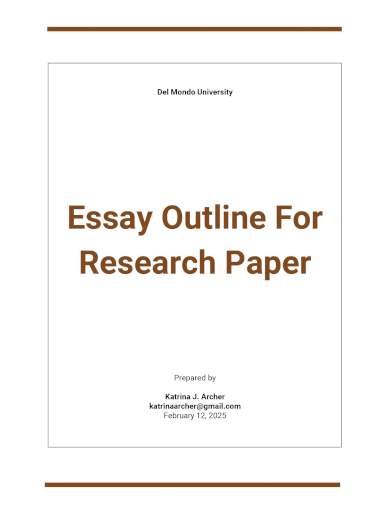
Narrative Essay Template
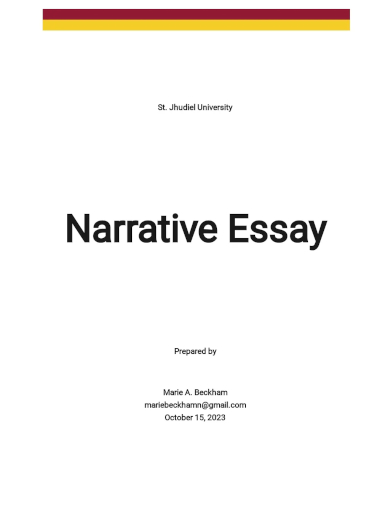
Three-Paragraph Essay Template
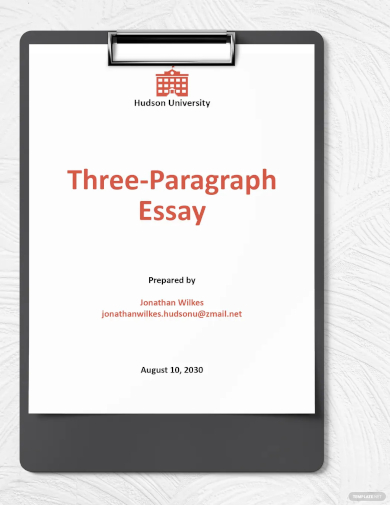
High School Narrative Essay Template
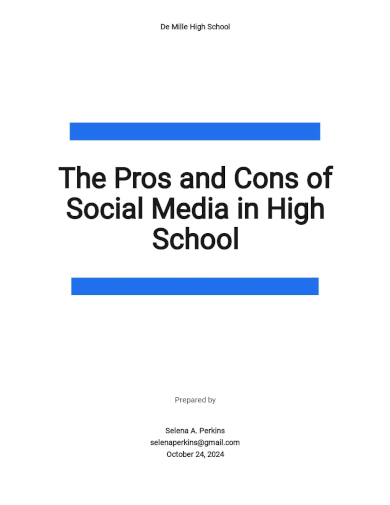
Essay Prewriting Outline Template
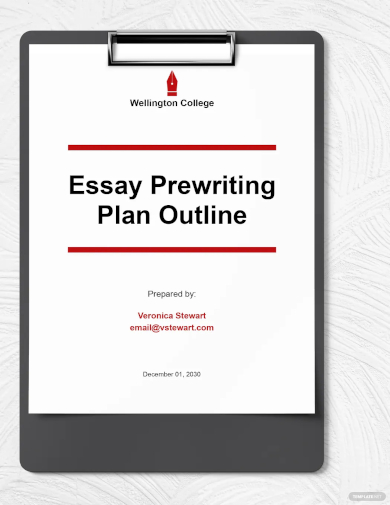
Research Paper For College Essay
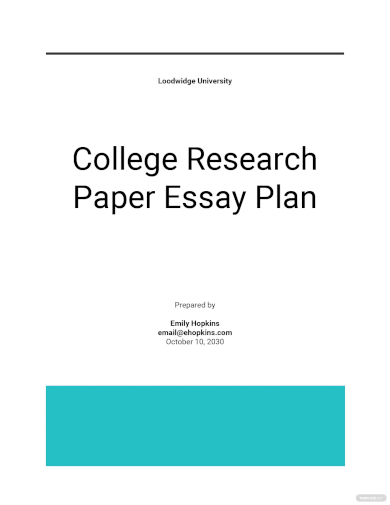
Argumentative Essay Writing Middle School Template
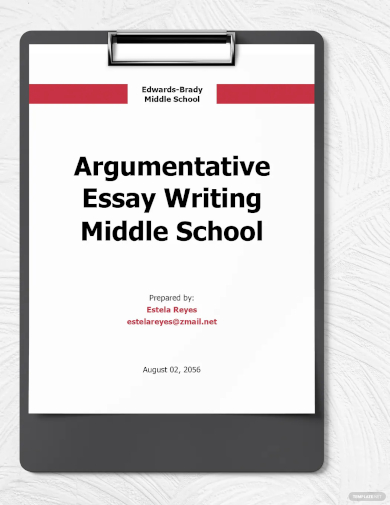
Case Brief Essay Template
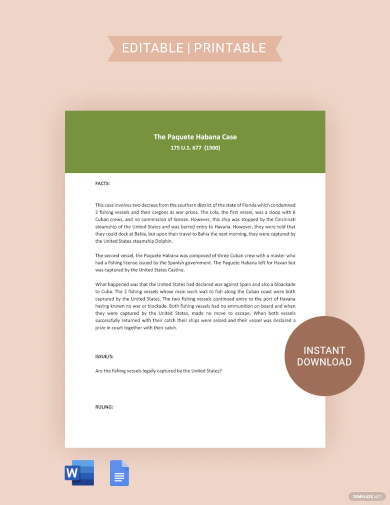
Informative Essay Template
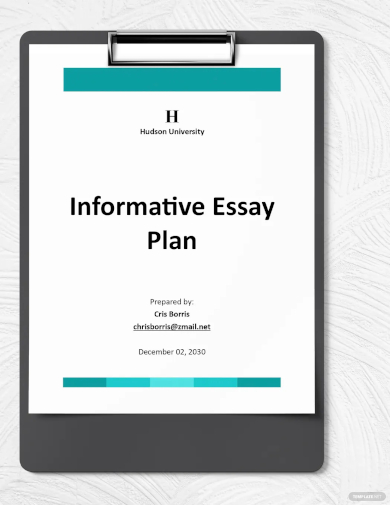
Simple Essay Plan Template
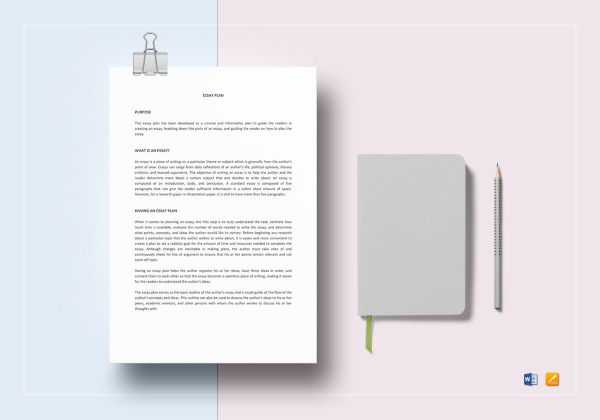
Argumentative Essay Template
Persuasive Essay Template
Sample Narrative Essay Template
Expository Essay Template
College Essay Template
Descriptive Essay Template
Types of Essays
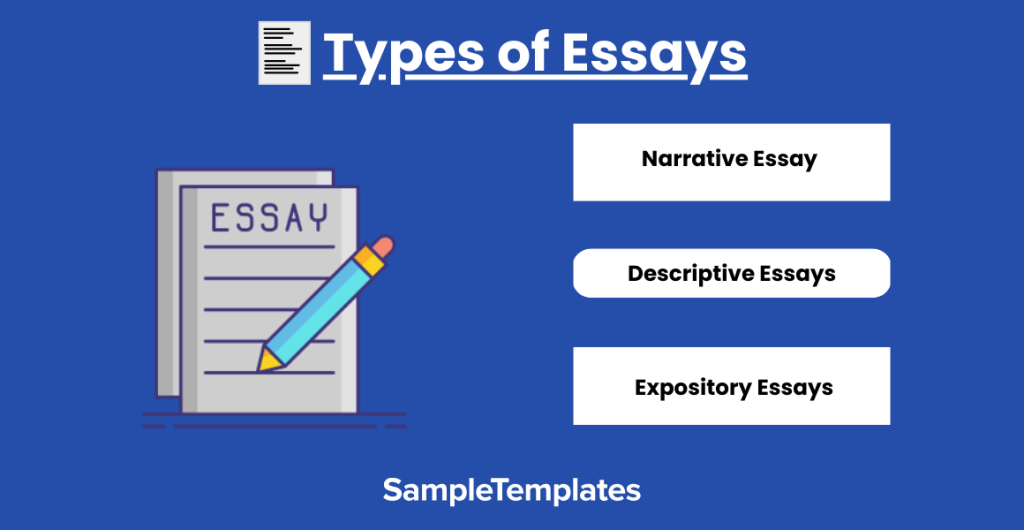
While there are many kinds of essays, here are the most common ones:
- A Narrative Essay: Tells a Story
A narrative essay is a nonficitonal account of an experience. When writing a narrative essay, writers have to try to involve the readers by giving a vivid description of the events, place, people, or feeling they are writing about. A well-written narrative essay would usually end in a conclusion or a sample personal statement.
-
Descriptive Essays: Paints a Picture
Similar to a narrative essay, a descriptive essay paints a detailed account of a someone, somewhere, something, someplace, or sometime. This essay show the readers what it’s trying to communicate through its business description utilizing colorful words and sensory details. It usually appeals to the reader’s emotions.
-
Expository Essays: Tells Known Truths
Essays like these are encountered for academic and news-telling purposes. These College Essay Examples are great examples of expository essays. Expository essays are strictly impersonal and must contain only the whole proven truth and nothing but the truth. Personal feelings and biases should be disregarded in this kind of writing.
Writing an essay may sound like a ridiculously difficult task, but if you prepare an outline, it could make your job significantly easier. See these Essay Outline Examples to help you out with this.
Essay Outline Template
Evaluation Essay in PDF
Tips for Writing an Essay
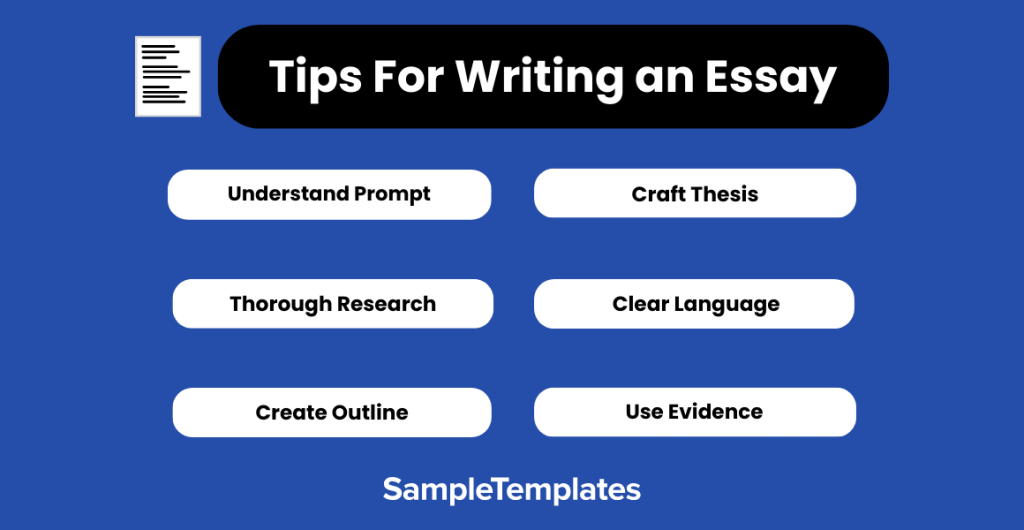
- Understand the Prompt: Before you begin writing, make sure you fully understand the essay prompt or question. Identify key words and phrases that dictate the style and content required, such as “analyze,” “compare,” or “discuss.”
- Research Thoroughly: Gather information from reliable sources to build a solid foundation for your essay. Use academic journals, books, and reputable websites to ensure your essay is informed and factual.
- Create an Outline: Plan the structure of your essay by creating an outline. This should include an introduction that introduces the topic and your thesis statement, body paragraphs that support your thesis with evidence and analysis, and a conclusion that summarizes your main points and restates the thesis in light of the evidence presented.
- Craft a Strong Thesis Statement: Your thesis statement in pdf should clearly express the main argument or point of your essay. It serves as the foundation upon which your essay is built, guiding the direction and focus of your writing.
- Use Clear and Concise Language: Write in a clear, concise manner, avoiding overly complex sentences or jargon that could confuse readers. Aim for clarity in your argumentation and coherence in your ideas.
- Incorporate Evidence and Analysis: Support your claims with evidence from your research, and analyze this evidence to explain how it supports your thesis. Be sure to properly cite your sources to avoid plagiarism.
- Revise and Edit: After completing your first draft, take the time to revise and refine your essay. Focus on improving the flow, clarity, and coherence of your writing, as well as correcting grammatical errors and typos.
- Seek Feedback: Don’t hesitate to seek feedback from peers, instructors, or writing centers. Constructive criticism can provide valuable insights into how to improve your essay before final submission.
By following these tips, you can enhance the quality of your essays, making them more persuasive, engaging, and well-researched.
Personal Essay Template
Sample Reflective Essay Template
Scholarship Essay Template
Academic Essay Template
The Five-Paragraph Essay
The safest way to write an essay would be by following the five-paragraph rule. This could be used when writing to convince or prove a point as it is structured with an academic purpose in mind. If you’re writing an essay for application, see these Scholarship Essay Examples for a hand.
- Introduction
- Make sure your first sentence is attention-grabbing. A sentence that starts with an action, behavior, or about being human would usually help.
- State your main point.
- A preview of your three subtopics that will be discussed in the body paragraphs.
- Body Paragraphs
- Start with a topic sentence that mentions your point. Open this with a transition. Make sure there is smooth transition between this new paragraph and your previous paragraph.
- Include supporting details, examples, or evidence of your argument.
- Give an explanation on how your argument proves your main point.
- Conclusion
- Restate your main point. Make sure to transition smoothly from your previous paragraph.
- Rephrase and summarize each of the arguments you gave.
- End with a call to action.
FAQS
What are good questions to ask about essays?
When evaluating an essay, consider asking questions that assess its structure, content, and effectiveness. Are the thesis and main points clear? Is there sufficient evidence and analysis example?
How long is an essay?
The length of an essay can vary, but it typically ranges from 300 to 500 words for a standard essay, while longer essays or academic papers may exceed 1,000 words.
What does a good essay look like?
A good essay is well-organized, with a clear introduction, body paragraphs supported by evidence, and a conclusion that summarizes key points and reinforces the thesis, all written with clarity and coherence.
What type of test is essay?
An essay test is a type of sample assessment that requires the test taker to construct a response in the form of an essay, providing a written analysis or explanation.
How many paragraphs in an essay?
An essay typically consists of three main parts: an introduction, body paragraphs (usually three or more), and a conclusion. Each paragraph serves a specific purpose statement in conveying the overall message or argument.
How do you begin a essay?
Begin your essay with an engaging introduction that grabs the reader’s attention, provides context for your topic, and presents a clear thesis statement outlining the main argument or purpose of your essay.
Does essay have a title?
Yes, essays often have titles. A well-crafted title can provide a glimpse into the essay’s theme or focus, enticing readers to engage with the content.
In conclusion, essays serve as powerful tools for expression, exploration, and communication. Through carefully chosen words and structured arguments, they illuminate ideas, inspire reflection, and foster intellectual growth.
Related Posts
FREE 10+ Essay Introduction Samples in PDF
FREE 6+ Essay Organizer Samples in PDF | MS Word | Google Docs
FREE 10+ 5 Paragraph Essay Samples in PDF | MS Word | Apple Pages
FREE 10+ Argument Essay Samples in MS Word | Google Docs | PDF
FREE 10+ Research Essay Outline Samples in PDF | MS Word | Apple Pages
FREE 10+ Templates for Persuasive Essay Samples in PDF
FREE 10+ Essay Conclusion Samples in PDF
FREE 4+ MLA Format Essay Samples in PDF
FREE 10+ Leadership Essay Samples in MS Word | PDF
FREE 10+ Narrative Essay Outline Samples in PDF | MS Word | Google Docs
FREE 10+ APA Essay Samples in MS Word | Google Docs | PDF
FREE 10+ Research Paper Essay Samples in MS Word | Google Docs | PDF
FREE 8+ Sample Narrative Essay Templates in MS Word | PDF
FREE 10+ Community College Essay Samples [ Service, Builder, Transfer ]
FREE 10+ Admission Essay Samples [ College, Graduate, Nursing ]
